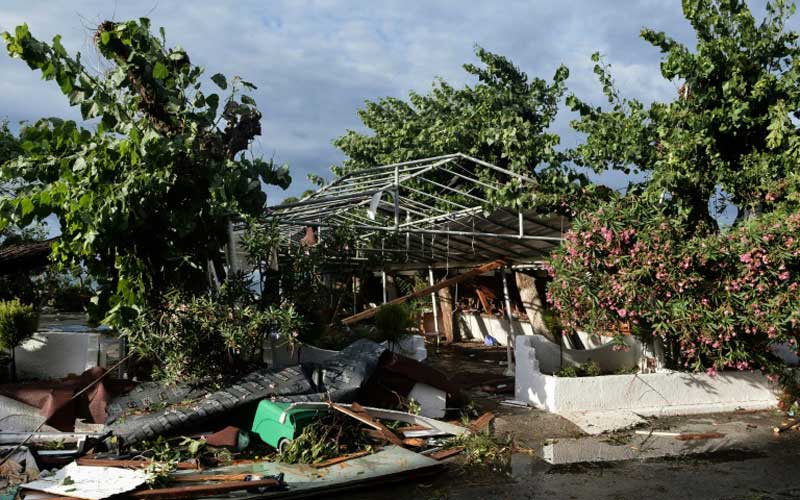×
The Standard e-Paper
Join Thousands Daily

Seven people died and at least 23 were injured as a fierce storm ripped through beachfronts in one of Greece's top tourist areas, terrifying thousands of holidaymakers caught in the open, authorities said Thursday.
Six tourists including two children were killed -- two each from the Czech Republic, Russia and Romania -- in the northern peninsula of Halkidiki, near Greece's second city Thessaloniki, in the storm late Wednesday.